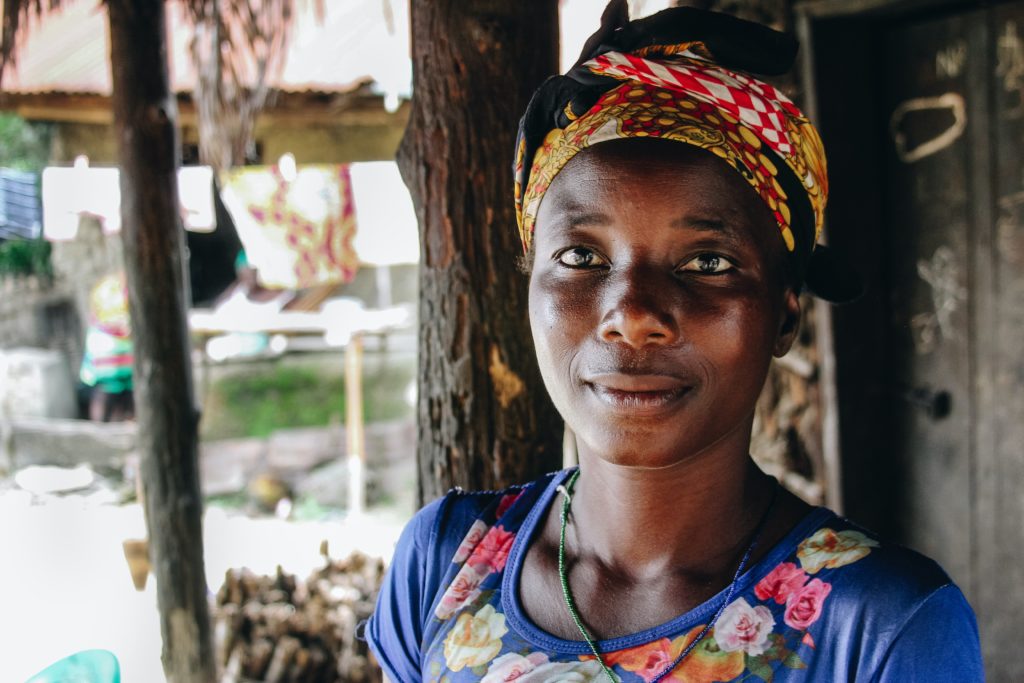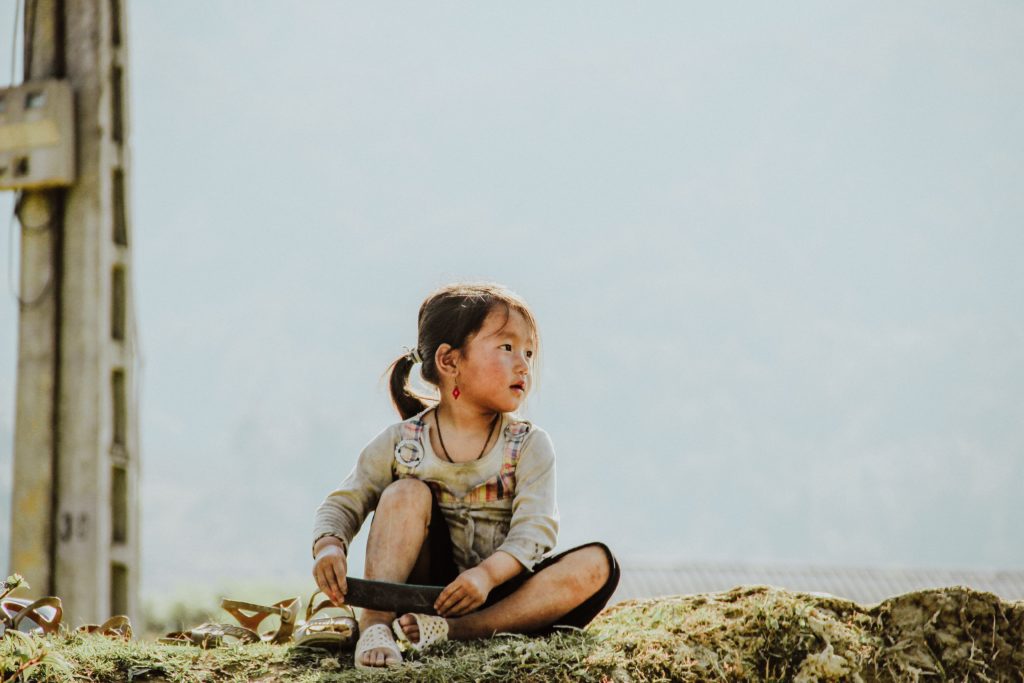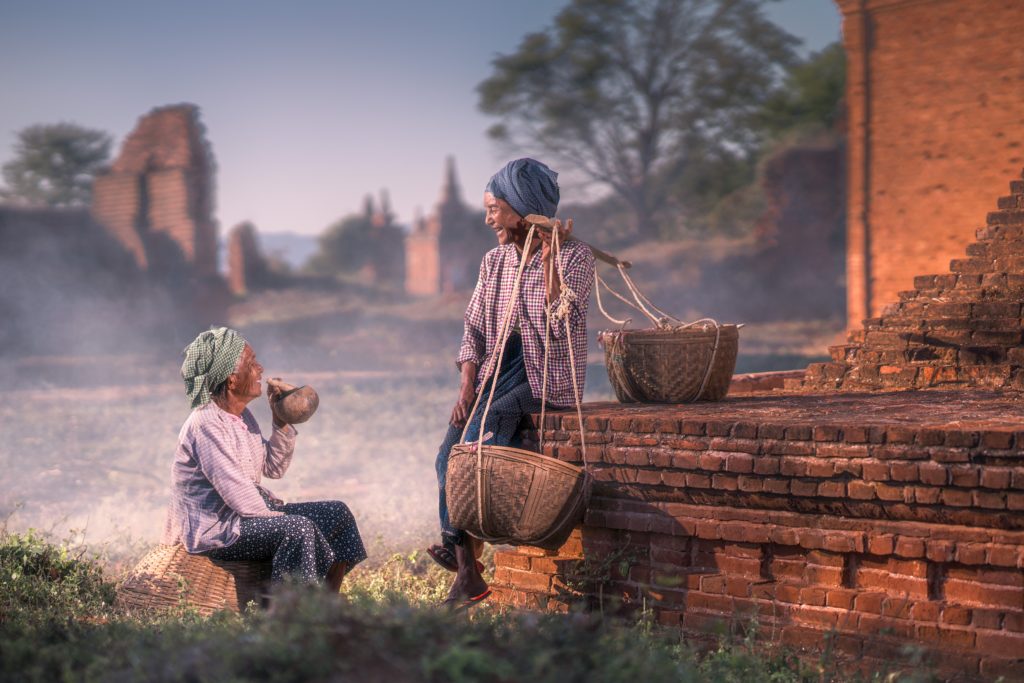BY STEPHANIE FARRANT
A recent article from the Overseas Development Institute (ODI) exposes the problems of humanitarian aid that is largely not set up to respond through local actors.

The article so aptly highlights that ‘The humanitarian sector has grappled for decades with how best to support and fund local responders. Implementing this ‘localisation’ agenda has proved an uphill battle.
Since the global spread of Covid-19, local humanitarian actors are being recognised for their critical role as never before. As travel restrictions have come into force, grounding international staff and initiatives, local responders have continued to fill a crucial function as those able to access people in humanitarian crises. Advocates of local actors have described Covid-19 as a ‘wake-up call’ for the sector, and argue the process of localisation should be accelerated to meet growing needs.
Covid-19 is already accelerating some trends the humanitarian sector was facing, and many are far from positive. Humanitarian funding was under considerable strain before this crisis.
With international organisations having to retreat, Covid-19 may open up other chances to shift. But while there’s currently a lot of positive talk, localisation will only happen if international and local actors seize the opportunity to enact real changes. What needs to happen to advance this process?
This is the key work that Viva does is undertaken specifically through 38 local partner networks in 27 countries. Each of them is independent and locally led. This is important to us – it means that they truly know and are able to respond to local needs, are sustainable and there for the long-term and owned by local churches, organisations and people. This is recognised as a great model for long-term impact on the lives of children.
The ODI article emphasises the importance and the challenges local partners face – specifically around funding: ‘Getting the right funding to local organisations has been a key stumbling block in efforts to localise responses. International organisations still take by far the biggest share and initial rounds of funding for Covid-19 look much the same, with just 0.1% reported going to local actors. Local organisations need more if they are to deliver on their critical roles. There are a few positive signs: some government and UN agency donors have said their international partners must pass on the same rates of overhead costs afforded to them to those local organisations they partner with. But these examples are rare.

For many international organisations, limits on access have traditionally meant remote management, leaving subcontractors to continue aid delivery at increased risk but with little say in how programmes are designed and run. Getting out of this default approach will be important for furthering localisation. For those international actors working through more equitable partnerships, long-standing relationships with local counterparts will be critical to working effectively during this crisis. International organisations should also advocate for local actors to be better represented in decision-making fora and brought into coordination bodies to inform global and national response strategies.
International actors need to advocate for those they’ve partnered with, and work with donors to manage their accountability requirements innovatively. Local actors are already faced with formidable challenges in responding to crises. They must now contend with access constraints, the need to maintain distancing and broken supply chains. But they are also well placed to find innovative ways to adapt and advocate for change – provided they are afforded the support and funding to do so.”
Viva hears from a total of over 5,000 grassroots churches and organisations across our partner networks and harnesses and shares their creativity to enable a massive potential for new ideas and replication. Transfer of knowledge and multiplication of impact is possible in a very real and rapid way.
“As recent Humanitarian Policy Group (HPG) research has illustrated, the capacities of local organisations remain under-valued. They still have to prove themselves to become ‘trusted partners’ of donors and international organisations. Local capacities and responses have been downplayed: too often, prominent international actors have taken the visibility and the credit at their expense.
While we have anecdotal evidence of how local actors are supporting their communities, there should now be a real effort to document and showcase good practises.

The next few months and years will place a huge burden on the global humanitarian system and we could see dramatic shifts in how it works. Supporting the many local responders that have always worked in emergencies but are now prominent will help get the system out of its current paralysis – and mitigate the impact of this crisis.” (All eyes are on local humanitarian responders during Covid-19 – now they need support, John Bryant, 2020 https://www.odi.org/blogs/16998-all-eyes-are-local-humanitarian-responders-during-covid-19-now-they-need-support?utm_campaign=1421494_ODI%20newsletter%2029%20May&utm_medium=email&utm_source=Overseas%20Development%20Institute&utm_country=&dm_i=4O2W,UGTY,4DG2N2,3POXA,1
To find out more about how Viva works with locally led partners and our specific model, head over to the website here https://www.viva.org/why-viva/our-model/ or contact us more information at info@viva.org.
Thanks you so much for supporting Viva’s work with local partner networks in 27 different countries across the globe – we couldn’t support vulnerable children to escape poverty and abuse without you.
